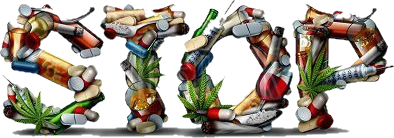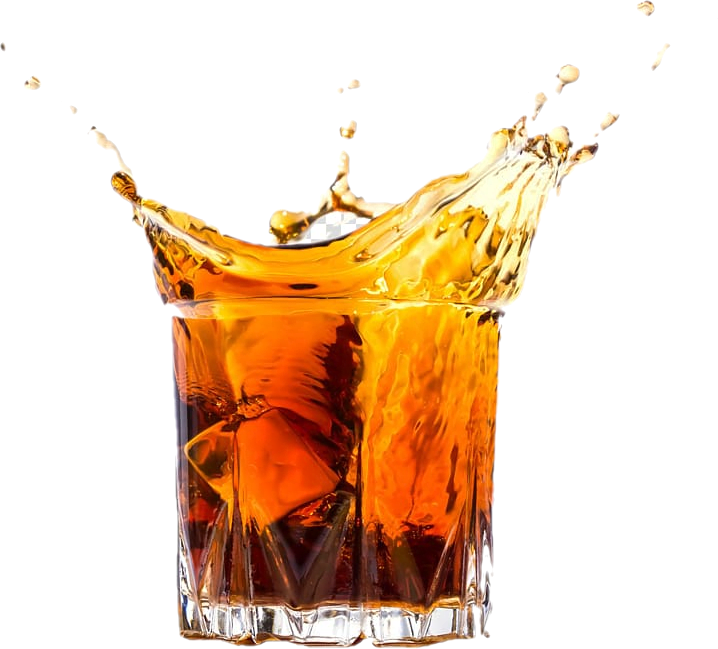When Alcohol, Drugs or Medications Make You Feel Worse
A Substance-induced mood disorder is a kind of depression that is caused by using alcohol, drugs, or medications. Unlike the temporary feelings of sadness that are normal and that everyone experiences, or even the temporary hangover or “crash” that often gets people the morning after alcohol or drug use, when substance-induced depression hits, it feels considerably worse for much longer. For some people, it involves a complete loss of interest or enjoyment in life and is characterized by depressed mood or markedly diminished interest or pleasure in all, or almost all, activities.
What is the feeling like when experiencing this type of Depression?
Substance- or medication-induced depressive disorder makes you have noticeable mood changes from a person’s baseline mood that is the normal mood of a person to diminished interest or pleasure in all, or almost all, activities. This can or will be noticeable during or within 1 month of a patient initiating use of a substance or medication. What this means is, people should be extra careful as well not to self-prescribe medications to themselves. More so, always take your time to notify or going back to see the doctor whom prescribed you certain tablets whenever you feel that they will be interfering with your baseline mood.
This depression can as well continue past a drug withdrawal period. In simple terms, this means that you may have been given a certain number of days to take the meds and you continue although feeling that they are upsetting the normal mood and when you pass time of meds expecting the mood swing to stop it then continue like a car sticking in one gear. This is also considered substance- / medication-induced depressive disorder. Duration of symptoms depends on the particular drug, dose, half-life, and duration of use before onset of symptoms.
People with drug-induced depression are more likely to report a family history of substance use, antisocial behavior, and stressful life events. Compared to individuals with major depressive disorder, people with drug-induced depression are more likely to report feelings of worthlessness, sleep pattern changes, and suicidal ideation than depressed mood. Type of medication and dose affect the likelihood of a patient developing depressive symptoms. This also means that, a person can be prescribed some medication by a doctor and after they have well recovered, they can notice that the meds left a voracious cravenness to take them which end up knocking them into depressed mood. This is something we need to watch for each other as the person experiencing this may fail to realize it but with the help of a support system it can be easily picked and rectified. Not forget g also those people whom manipulate drugs should deceit from such activities as they will be putting their families at risk since it usually reports a family history of substance use.
How Soon After Taking the Drug Can Depression Be Induced?
In some cases, almost immediately. There is even a category “with onset during intoxication,” which means that depressive episode actually begins when the individual is high on the drug. It can also occur during withdrawal, during which symptoms of depression are common.
However, with depression which is simply a symptom of withdrawal, the person’s mood will usually pick up within a few days of ceasing to take the drug, while with substance-induced depression, it can start during withdrawal, and continue or get worse as the person moves through the detox process.
Generally, the diagnosis isn’t given if the person has a history of depression without substance use, or if the symptoms continue for more than a month after the person becomes abstinent from alcohol, drugs, or medication.
For the diagnosis of Substance/Medication-Induced Depressive Disorder to be given, there have to be severe symptoms that are not related to intoxication or withdrawal, which require clinical evaluation. For instance, there may be a significant change in mood that impacts people’s lives, causing, perhaps, a great deal of distress or impairing some aspect of their life such as their social life, their employment situation, or another part of their life that is important to them.
Complications
The most significant complication looming over substance-induced mood disorders is suicide. Studies reveal that suicide attempts are more common in affective disorders that are substance-induced. One study estimated an almost four-fold increased risk of suicide attempts when the mood disorder precipitates in the setting of substance use.
Encouragement and Patient Education
- Refrain from the use of alcohol or illicit drugs.
- Avoid people or milieu that most likely trigger the use of alcohol or illicit drugs.
- Consider psychosocial interventions to promote recovery from alcohol and substance abuse.
- Discuss with a physician about any new medication prescribed by another physician because some medications can cause mania or depression.
- Contact a physician if having concerns regarding over-the-counter medicines because some OTCs can augment the effects of other medications and may cause mania or depression.
- Eat a healthy diet, limit caffeine, and quit smoking.
- Be aware of depression or mania that result after the initiation of substance use or use of medication and discuss them with your primary care physician or psychiatrist.
Managing substance-induced disorders disorder requires a multidisciplinary approach involving the patient, the patient’s family, physician, nurse, and therapist. Although substance-induced disorders (depression and bipolar) subside after the biological effects of the drug fade, vulnerable individuals can develop a full-blown major depressive disorder or bipolar disorder, without proper management, psychiatric and medical complications can be fatal.
Which Drugs Cause Substance/Medication-Induced Depressive Disorder?
A wide variety of psychoactive substances can cause substance-induced depression. The following disorders are recognized:
- Alcohol-induced depressive disorder
- Phencyclidine-induced depressive disorder
- Other hallucinogen-induced depressive disorder
- Inhalant-induced depressive disorder
- Opioid-induced depressive disorder
- Sedative-induced depressive disorder
- Hypnotic-induced depressive disorder
- Anxiolytic-induced depressive disorder
- Amphetamine-induced depressive disorder
- Other stimulant-induced depressive disorder
- Cocaine-induced depressive disorder
- Other substance-induced depressive disorder
- Unknown substance-induced depressive disorder
Many medications are known to cause substance-induced depression. The following disorders are recognized:
- Steroid-induced depressive disorder
- L-dopa-induced depressive disorder
- Antibiotic-induced depressive disorder
- Central nervous system drug-induced depressive disorder
- Dermatological agent-induced depressive disorder
- Chemotherapeutic drug-induced depressive disorder
- Immunological agent-induced depressive disorder




3 comments
Can you be more specific about the content of your article? After reading it, I still have some doubts. Hope you can help me.
please reach out with a specific question we can help
Thanks for sharing. I read many of your blog posts, cool, your blog is very good.